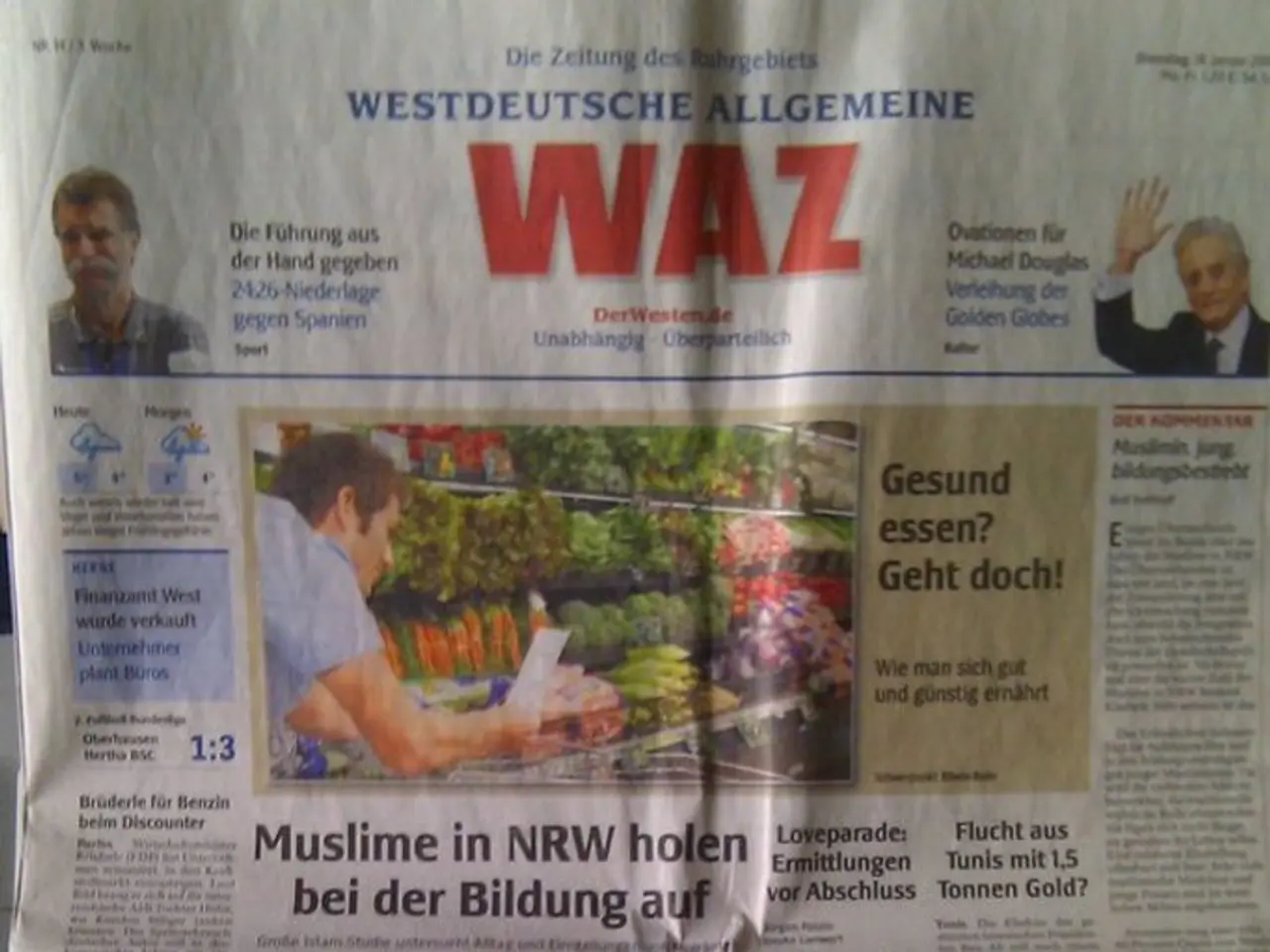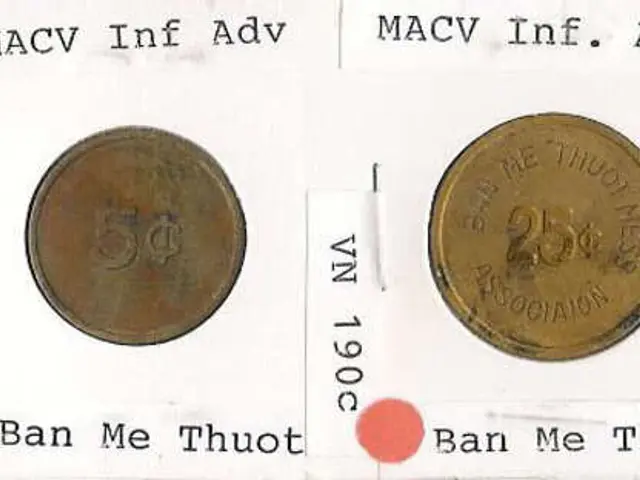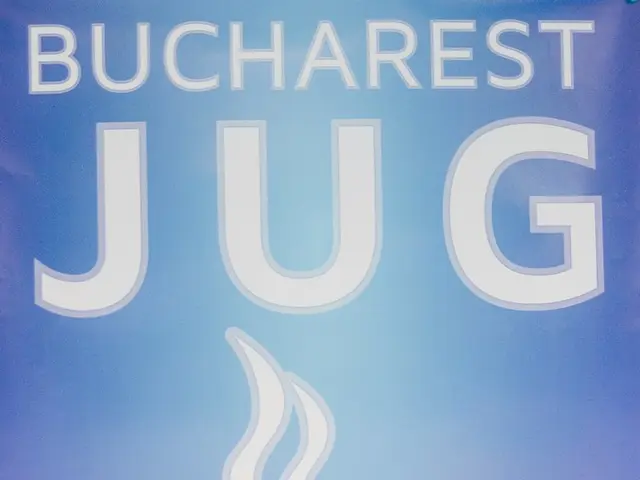PDF Liberation Hackathon Unlocks Data Insights for Foreign Aid Analysis
In 2014, the PDF Liberation Hackathon took place, aiming to create open-source tools for working with PDFs and their databases. A USAID representative at the event highlighted the potential of analyzing PDF data for deeper insights into foreign aid effectiveness.
The hackathon focused on USAID's Development Experience Clearinghouse, which houses around 170,000 documents, mostly available for download. Participants developed a program to automate navigating and visualizing the number of documents in the database by year.
Despite the potential, data scientists often struggle to analyze data from PDFs, especially older ones. This is due to difficulties in extracting text and images in a structured format. However, PDFs ensure documents look consistent across different devices and software, and they are supported on various operating systems. Future applications of PDF data liberation tools could benefit local governments, non-profit organizations, and international human rights groups.
The PDF Liberation Hackathon demonstrated the value of analyzing PDF data for deeper insights. The tools developed could help organizations, including government agencies like USAID, analyze data more effectively. However, challenges in extracting data from PDFs remain, and further advancements are needed to fully unlock the potential of this widely used format.
Read also:
- Web3 social arcade extends Pixelverse's tap-to-earn feature beyond Telegram to Base and Farcaster platforms.
- Germany's Customs Uncovers Wage, Immigration Violations in Hotel Industry
- U.S. & China Agree to Temporary Trade Truce, Easing Tariffs
- FKS Inspections Uncover Wage, Security, and Employment Violations in Hotel and Catering Industry








